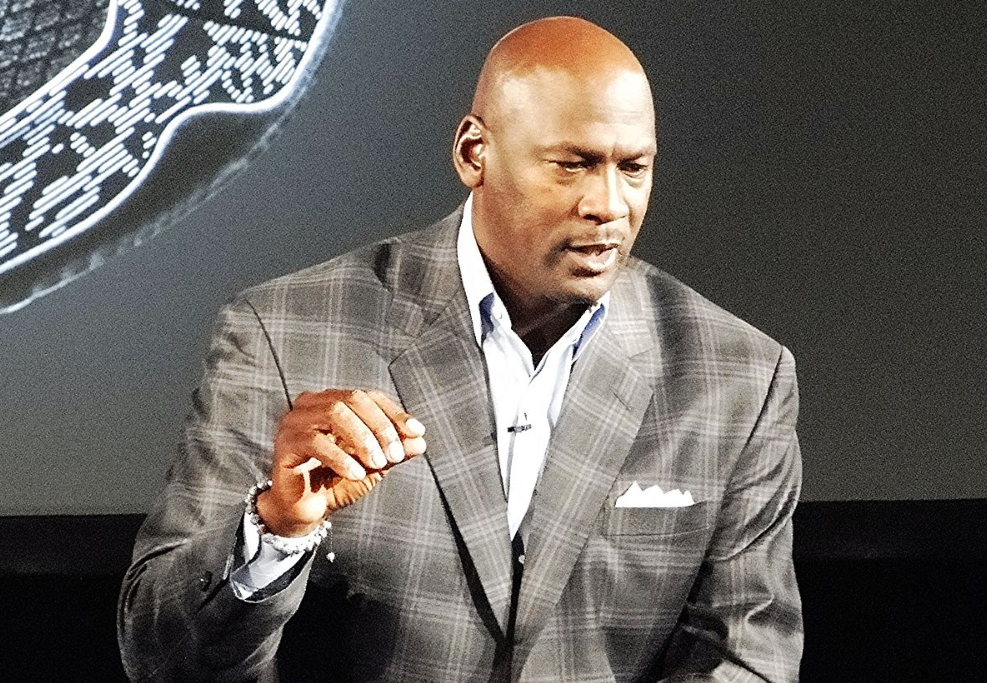During an appearance on “Late Night With Seth Meyers,” Johnson shared her disappointment with the experience, highlighting the unexpected duration of her involvement and the unwelcoming atmosphere on set. “That was honestly the worst time of my life,” she recounted. Expecting a brief cameo, Johnson was surprised to find herself on set for two weeks, only to have minimal screen time. “I was there for two weeks. And I’m barely in the show,” she said.
The dynamics on set added to her discomfort, with Johnson noting a lack of communication among cast members and towards her. “Some people didn’t speak to each other. No one wanted to talk to me,” she explained.
Johnson also discussed the early challenges of her acting career, including being financially cut off by her father, actor Don Johnson, after she chose acting over college. In an interview with “Today,” she revealed, “He cut me off. He said if you go to college, you still get an allowance. And I was like, ‘Well, I’m going to be an actress.’ So he was like, ‘Alright, well you’re on your own.'” This decision led to moments where Johnson struggled to afford groceries and had to seek financial help from her mother.
Don Johnson confirmed this family rule during his own appearance on “Late Night With Seth Meyers,” stating, “We have a rule in the family that, you know, if you stay in school, you get to stay on the payroll. So, you go to college, you get to stay on the payroll.” He recounted how Dakota’s decision to pursue acting over college meant she would no longer receive financial support, emphasizing the family’s stance on education and independence.




